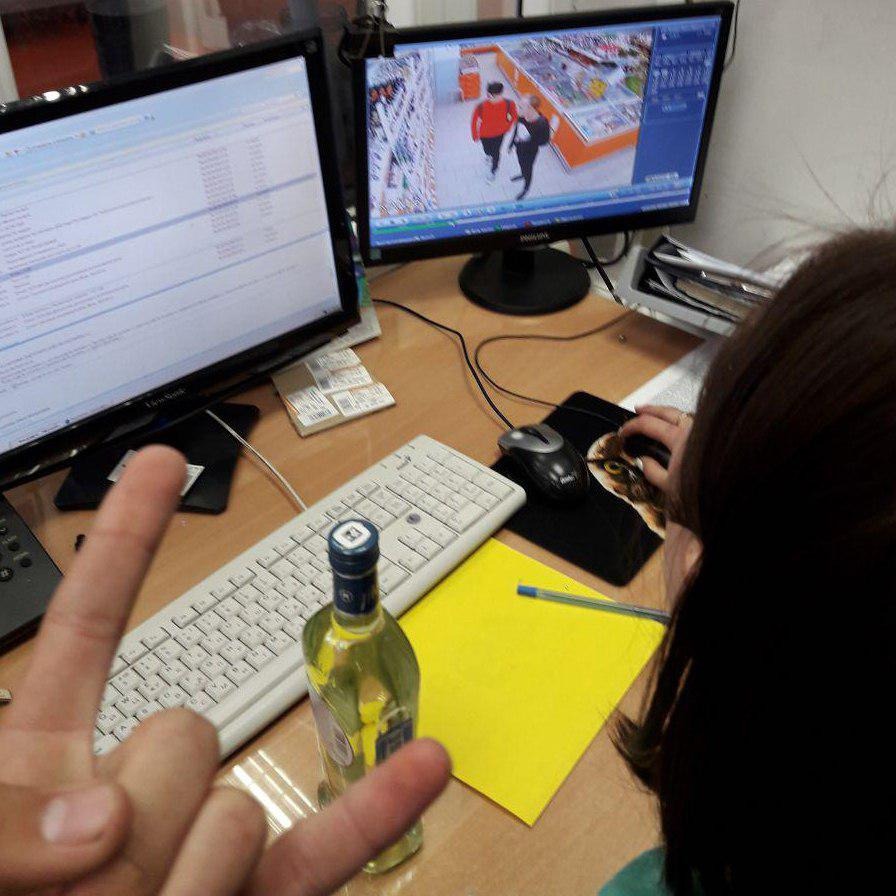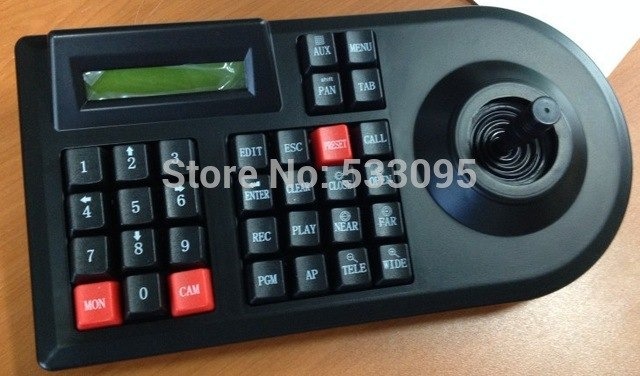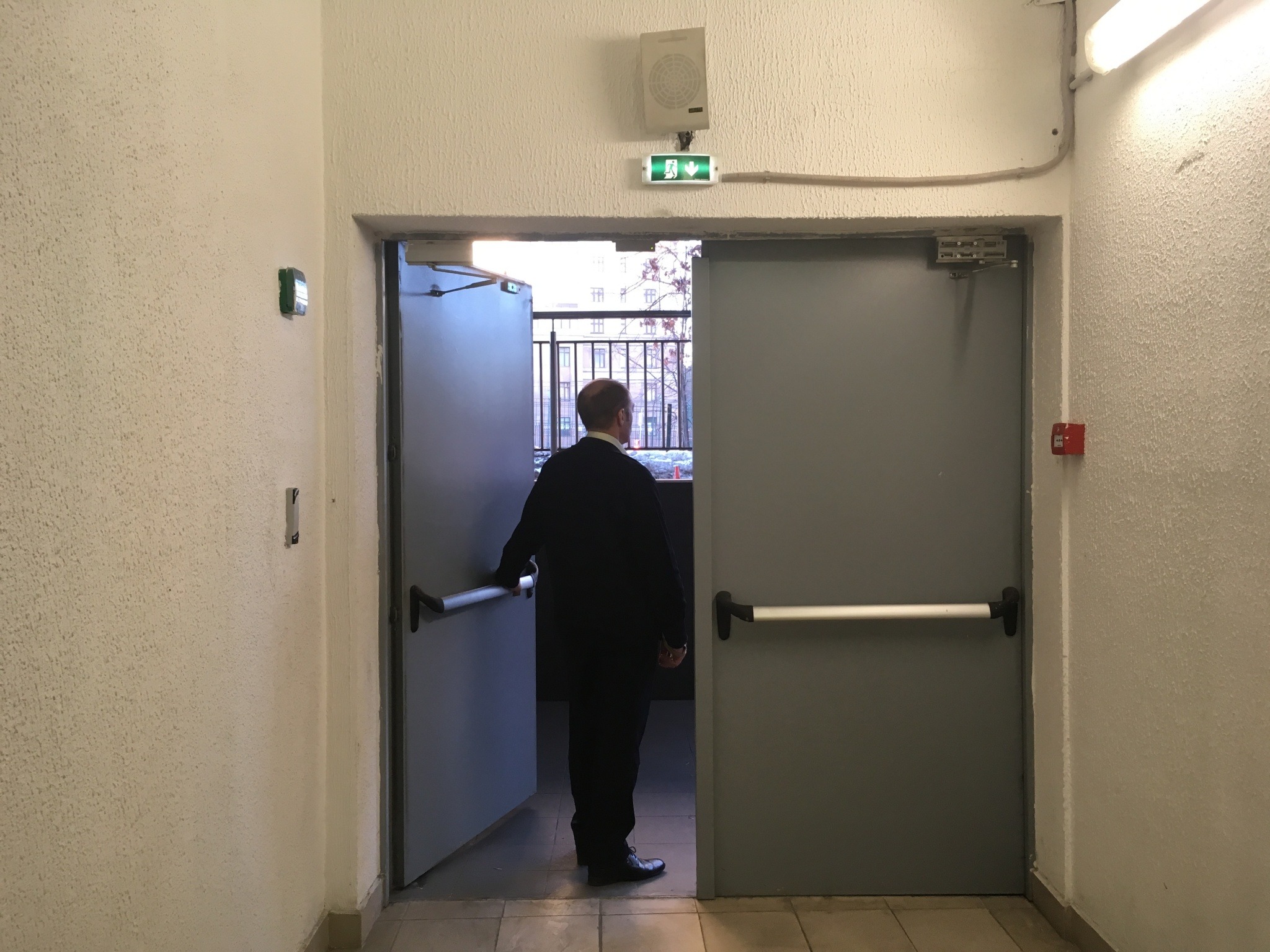CarderPlanet
Professional
- Messages
- 2,549
- Reaction score
- 723
- Points
- 113
Many articles have been written about shoplifting, and a lot of advice has been given on how to proceed. But I want to share information that I observed on the other side.
We have prepared for you a suitable article that was written with the support of a person working in the field of video surveillance.
Enjoy reading!
Security and a detailed look from the inside
I worked in the field of video surveillance in a hypermarket chain, worked at different sites and with different people. Security guards (simply "Valts" in common people) are your number one opponent if you are into shoplifting.
There are a lot of private security companies (PSC), but they rarely correspond to the declared ones. To begin with, a security guard is, first of all, just a simple person, with all that follows from this - laziness, fatigue, a desire to sleep, and much more.
Each security guard has their own worries and troubles outside of work, and no matter how they try to create an image of some kind of cohesion, they say they are a well-coordinated team, in fact they deeply give a shit about each other.
In the big picture, people go to the security either for a part-time job, or people who are not needed anywhere else.
Very often and willingly, people of Caucasian nationality are taken into protection, and for a reason, they are truly good watchdogs, enjoying only the process itself, from the very fact that you can just approach a person and demand something, especially girls.
The form. The clothes at the guard are always extremely uncomfortable, shoes, trousers, shirts.
This is outrageous, the man in the shoes will never catch up with the man in the sneakers. But in most of the detentions, the young people did not even try to escape, although being in comfortable shoes they had a huge advantage over the guard.
All guards are connected by a single communication line. Walkie-talkie and headset.
Let's analyze the main positions of security in a store / hypermarket.
1. Checkout line
At the entrance to the store (depending on its size) one or more security guards are standing near the cash registers. Their task is to respond to triggered signal gates, check receipts, bags.
Also, the task of the guards at the checkout line is to transfer suspicious people to the operator's monitor through the headset, so that he would look after them.
In practice, the guard can be in the attention for 30-60 minutes, then involuntarily the person begins to withdraw into his thoughts, attention, dissipates.
2. Monitor

Video surveillance operators (the so-called Citivists).
The actions of jacks at the exit and in the hall are supervised by video surveillance operators, transmitting signs of the one who needs to be detained.
As a rule, large hypermarkets are equipped with dome cameras, from which the picture is very high quality, you can zoom in to such an extent that it is possible to read what is written on the label of a particular product, in small stores the cameras are usually worse.
Dome cameras are controlled using a special joystick, cameras are easier to adjust with a regular keyboard and mouse.

In a large store, the operator will never keep track of everyone, it is physically impossible, plus the human factor, it is impossible to stare at the monitor without being distracted.
In essence, the same thing happens with the operator as with all other guards, you can fully be in attention for half an hour - an hour, then you start to get distracted.
The operator's attention is always attracted by people who dress brightly, enter in a group, with backpacks, when customers do not take a basket at the entrance, various Tajiks-Uzbeks, or idiots who are walking around the trading floor looking at the camera, after which the operator will not get off you during your entire stay in the shop.
As a rule, more attention is paid to the departments with expensive alcohol and caviar.
If your skin color is white, you handed over your bag / backpack to the locker, took a basket and entered alone or together, you are beyond suspicion.
Sometimes the operator goes into the hall in civilian clothes, takes a basket, and just for a while can just walk around the hall, glancing at people, noting those who are suspicious for themselves or passing them on to his partner on a mobile phone.
Detentions
If the operators saw a theft, they inform the guards standing at the exit that there is an elevator at such and such a checkout (they transmit his signs and the goods he "stole") and after passing the checkout line he will need to be detained.
The guards are given a clear instruction not to approach the steal before he passes the checkout line, otherwise you can be frightened off, the person can pay right away or just return to the trading floor and throw off the stolen, and the guard will not be counted.
Therefore, if you "grabbed" something and a security guard is standing at the checkout not far away, you can not worry about him not for your soul, if you were burnt, then the guard will not rub near you.
When the thieves are detained, they are taken to a separate room of the so-called. meeting room (or lead into the monitor room). Such rooms are also always under video surveillance. The Valts behave insolently, making garbage dumpsters out of themselves, threatening with the police, everything is standard.
They offer to pay for everything voluntarily, if a person refuses to call the cops, well, there, depending on the amount of the stolen administrative / criminal code.
As a rule, the caught are photographed.
In practice, there was a funny case, a good example of how NOT to steal. During the inventory, it turns out that the same product disappears every day.
They immediately started tracking, it turned out that the same person, in the same clothes, was stealing cheese.
Once again he was accepted, shown the notes and forced to pay for all his outings, the amount turned out to be good. Show variety, don't get hung up on one product and one store.
The guards do not have the right to detain you, the task of the privates is to stop you, start talking your teeth and wait until the senior shift comes up, who draws up the acts, causes garbage and so on.
Evacuation exits
All shops have emergency exits. Open - sealed doors. They are located throughout the trading floor, the number of exits depends on the size of the hall.
They open very easily - the seal breaks and you find yourself on the street, the alarm goes off. According to the instructions, the guard must come running to the place within 30 seconds. You will have time to escape.
Only the security will know about the triggered alarm, buyers and store staff will be in the dark, and there will be no loud noise.

Emergency exit. The door opens with a sharp push on the lever.
The seal is released by a sharp push on the door.
These doors are never locked, as these exits are used in case of fire and are open 24 hours a day. These are fire safety rules.
Roughly speaking, you can pick up a whole backpack or a basket of any product and just rush through the evacuation exit, the main thing is to give your sneakers as quickly as possible, it is better if a car with a partner will be parked somewhere not far away (remember, the perimeter of the store is also visible), this way you can walk around different shops every day.
I repeat, these doors are ABSOLUTELY in any store, otherwise the store would not be allowed to function, just no one pays attention to these doors.
In general, the security guard in the store is more likely to perform a decorative function.
In fact, just like an alarm in a car, it will never interfere with a car thief, and a security guard will not interfere with a steal, but will serve as an unpleasant obstacle.
A security guard is just a person at work who has two goals - to get more money and go home early. Everything. He doesn't care about the rest.
There are probably ideological watchmen, but I have not met such.
We have prepared for you a suitable article that was written with the support of a person working in the field of video surveillance.
Enjoy reading!
Security and a detailed look from the inside
I worked in the field of video surveillance in a hypermarket chain, worked at different sites and with different people. Security guards (simply "Valts" in common people) are your number one opponent if you are into shoplifting.
There are a lot of private security companies (PSC), but they rarely correspond to the declared ones. To begin with, a security guard is, first of all, just a simple person, with all that follows from this - laziness, fatigue, a desire to sleep, and much more.
Each security guard has their own worries and troubles outside of work, and no matter how they try to create an image of some kind of cohesion, they say they are a well-coordinated team, in fact they deeply give a shit about each other.
In the big picture, people go to the security either for a part-time job, or people who are not needed anywhere else.
Very often and willingly, people of Caucasian nationality are taken into protection, and for a reason, they are truly good watchdogs, enjoying only the process itself, from the very fact that you can just approach a person and demand something, especially girls.
The form. The clothes at the guard are always extremely uncomfortable, shoes, trousers, shirts.
This is outrageous, the man in the shoes will never catch up with the man in the sneakers. But in most of the detentions, the young people did not even try to escape, although being in comfortable shoes they had a huge advantage over the guard.
All guards are connected by a single communication line. Walkie-talkie and headset.
Let's analyze the main positions of security in a store / hypermarket.
1. Checkout line
At the entrance to the store (depending on its size) one or more security guards are standing near the cash registers. Their task is to respond to triggered signal gates, check receipts, bags.
Also, the task of the guards at the checkout line is to transfer suspicious people to the operator's monitor through the headset, so that he would look after them.
In practice, the guard can be in the attention for 30-60 minutes, then involuntarily the person begins to withdraw into his thoughts, attention, dissipates.
2. Monitor

Video surveillance operators (the so-called Citivists).
The actions of jacks at the exit and in the hall are supervised by video surveillance operators, transmitting signs of the one who needs to be detained.
As a rule, large hypermarkets are equipped with dome cameras, from which the picture is very high quality, you can zoom in to such an extent that it is possible to read what is written on the label of a particular product, in small stores the cameras are usually worse.
Dome cameras are controlled using a special joystick, cameras are easier to adjust with a regular keyboard and mouse.

In a large store, the operator will never keep track of everyone, it is physically impossible, plus the human factor, it is impossible to stare at the monitor without being distracted.
In essence, the same thing happens with the operator as with all other guards, you can fully be in attention for half an hour - an hour, then you start to get distracted.
The operator's attention is always attracted by people who dress brightly, enter in a group, with backpacks, when customers do not take a basket at the entrance, various Tajiks-Uzbeks, or idiots who are walking around the trading floor looking at the camera, after which the operator will not get off you during your entire stay in the shop.
As a rule, more attention is paid to the departments with expensive alcohol and caviar.
If your skin color is white, you handed over your bag / backpack to the locker, took a basket and entered alone or together, you are beyond suspicion.
Sometimes the operator goes into the hall in civilian clothes, takes a basket, and just for a while can just walk around the hall, glancing at people, noting those who are suspicious for themselves or passing them on to his partner on a mobile phone.
Detentions
If the operators saw a theft, they inform the guards standing at the exit that there is an elevator at such and such a checkout (they transmit his signs and the goods he "stole") and after passing the checkout line he will need to be detained.
The guards are given a clear instruction not to approach the steal before he passes the checkout line, otherwise you can be frightened off, the person can pay right away or just return to the trading floor and throw off the stolen, and the guard will not be counted.
Therefore, if you "grabbed" something and a security guard is standing at the checkout not far away, you can not worry about him not for your soul, if you were burnt, then the guard will not rub near you.
When the thieves are detained, they are taken to a separate room of the so-called. meeting room (or lead into the monitor room). Such rooms are also always under video surveillance. The Valts behave insolently, making garbage dumpsters out of themselves, threatening with the police, everything is standard.
They offer to pay for everything voluntarily, if a person refuses to call the cops, well, there, depending on the amount of the stolen administrative / criminal code.
As a rule, the caught are photographed.
In practice, there was a funny case, a good example of how NOT to steal. During the inventory, it turns out that the same product disappears every day.
They immediately started tracking, it turned out that the same person, in the same clothes, was stealing cheese.
Once again he was accepted, shown the notes and forced to pay for all his outings, the amount turned out to be good. Show variety, don't get hung up on one product and one store.
The guards do not have the right to detain you, the task of the privates is to stop you, start talking your teeth and wait until the senior shift comes up, who draws up the acts, causes garbage and so on.
By the way, if you accidentally break the goods in the trading floor, the security does not have the right to demand payment from you, it can only ask you to pay for the broken one, and you have every right to refuse.
Evacuation exits
All shops have emergency exits. Open - sealed doors. They are located throughout the trading floor, the number of exits depends on the size of the hall.
They open very easily - the seal breaks and you find yourself on the street, the alarm goes off. According to the instructions, the guard must come running to the place within 30 seconds. You will have time to escape.
Only the security will know about the triggered alarm, buyers and store staff will be in the dark, and there will be no loud noise.

Emergency exit. The door opens with a sharp push on the lever.
The seal is released by a sharp push on the door.
These doors are never locked, as these exits are used in case of fire and are open 24 hours a day. These are fire safety rules.
Roughly speaking, you can pick up a whole backpack or a basket of any product and just rush through the evacuation exit, the main thing is to give your sneakers as quickly as possible, it is better if a car with a partner will be parked somewhere not far away (remember, the perimeter of the store is also visible), this way you can walk around different shops every day.
I repeat, these doors are ABSOLUTELY in any store, otherwise the store would not be allowed to function, just no one pays attention to these doors.
In general, the security guard in the store is more likely to perform a decorative function.
In fact, just like an alarm in a car, it will never interfere with a car thief, and a security guard will not interfere with a steal, but will serve as an unpleasant obstacle.
A security guard is just a person at work who has two goals - to get more money and go home early. Everything. He doesn't care about the rest.
There are probably ideological watchmen, but I have not met such.

